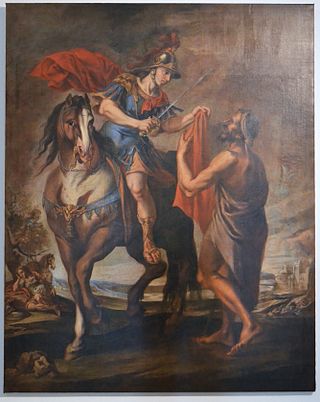See also
- Marc Smith (disambiguation)
- Marcus Smith (disambiguation)
- Mark Durden-Smith (born 1968), British television presenter
Mark Smith may refer to:
Davison is a patronymic surname, a contraction of Davidson, meaning "son of Davie ". There are alternate spellings, including those common in the British Isles and Scandinavia: Davisson, Daveson, Davidsson, and Davidsen. The Davison surname in Scotland originated as a sept of Clan Davidson, a part of the greater Clan Chattan. Davison can also be found as a common as a French, Jewish, or Czech surname.
Berger is a surname in both German and French, although there is no etymological connection between the names in the two languages. The French surname is an occupational name for a shepherd, from Old French bergier. The German surname derives from the word Berg, the word for "mountain" or "hill", and means "a resident on a mountain or hill", or someone from a toponym Berg, derived from the same. The pronunciation of the English name may sometimes be BUR-jər, following the French phonetics ; the German one is, anglicized as BUR-gər. Notable people with this surname include:
Steve is a masculine given name, usually a short form (hypocorism) of Steven or Stephen.
Allison is a surname of English and Scottish origin. It was a patronym, in most cases probably indicating son of Allen, but in other cases possibly from Ellis, Alexander, or the female given name Alice/Alise.
David Watson may refer to:
Mark Jones may refer to:
Chris is a short form of various names including Christopher, Christian, Christina, and Christine. Chris is also used as a name in its own right, however it is not as common.

Mark is a common male name and is related to the Latin word Mars. It means "consecrated to the god Mars", and also may mean "God of war" or "to be warlike". Marcus was one of the three most common Roman given names. It is also used as a short form of Martin, a name which is either also of Latin origin and also meaning "warlike", or derived from Proto-Germanic elements "mar", meaning "famous" and "tank", meaning "thought", "counsel".
Simon is a surname. Notable people with the surname include the following.

Paul is a common Latin masculine given name in countries and ethnicities with a Christian heritage and, beyond Europe, in Christian religious communities throughout the world. Paul – or its variations – can be a given name or surname.
Adams is a common surname of English and Scottish origin, derived from the given name Adam. Related surnames include Addams and McAdam/MacAdam.
Derek is a masculine given name. It is the English language short form of Diederik, the Low Franconian form of the name Theodoric. Theodoric is an old Germanic name with an original meaning of "people-ruler" or "lead the people".
Armstrong is a surname of English and Scottish borders origin.

Martin may either be a given name or surname. In Scotland, Martin or McMartin is a common surname of Scottish Gaelic origin. Martin is, however, more common as a masculine given name in many languages and cultures. It comes from the Latin name Martinus, which is a late derived form of the name of the Roman god Mars, protective godhead of the Latins and, therefore, god of war. The meaning is usually rendered in reference to the god as "of Mars" or "of war/warlike" ("martial"). Alternatively, it may also be derived from the Proto-Germanic elements "mar", meaning famous and "tank", meaning thought, counsel.

Fox is a surname originating in England and Ireland. Variants include Foxe and Foxx.

Oliver is a masculine given name of Old French and Medieval British origin. The name has been generally associated with the Latin term olivarius, meaning "olive tree planter", or "olive branch bearer" Olive is a symbol of hope, so this name literally means - ''the one who carries hope''. Other proposed origins include the Germanic names *wulfa- "wolf" and *harja- "army"; the Old Norse Óleifr ; a genuinely West Germanic name, perhaps from ala- "all" and wēra "true" ; the Anglo-Saxon Alfhere; and the Greek name Eleutherios.
Graham is a given name in the English language. It is derived from the surname.
Webb is an English and Scottish surname meaning weaver of cloth.